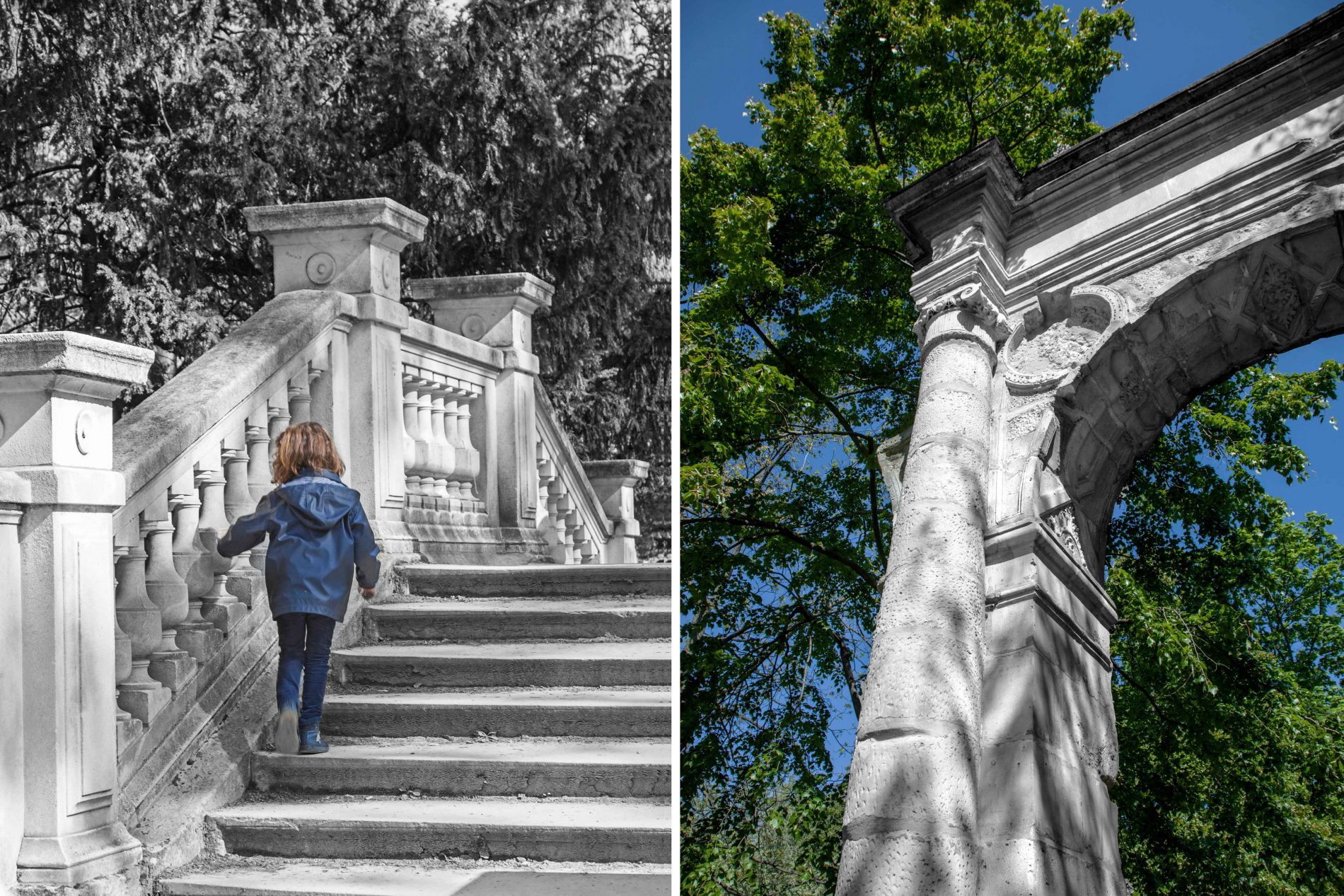How do you reduce Capital Gains Tax?
Capital Gains Tax affects the sale of a property that is its owner’s principal residence. On occasion, this tax can be reduced, if not eliminated.
On the sale of a property that is not the principal residence of its owner, on signature of the contract of sale at the notary’s office, the State deducts Capital Gains Tax based on the sale price. In certain circumstances, this tax may be reduced, or sometimes, a seller exonerated from its payment.
*The fundamental principle
Capital Gains Tax applies to sales of property that is not its owner’s principle residence.
The flat rate of 19% is adjusted according to length of ownership; after 22 years, the 19% no longer applies.
Added to this tax are social security contributions of 15.5%, which are no longer payable after 30 years of ownership.
Note: the longer a property has been owned, the more the tax is reduced.
*Exemptions
There are three exemptions, linked to: the type of property, the seller’s status, and that of the purchaser.
The Type of Property
- – Sale of primary residence
- – Property held for more than 30 years
- – Sale of €15,000 or less
- – A property that is the subject of expropriation
The seller’s status
- – A pensioner or registered disabled person
- – First sale of a property other than a principal residence on the following two conditions: the seller does not own the property that has been their principal residence over the past four years preceding sale (for example, they are renting) and in the 24 months post-sale they reinvest the profits generated by the sale into a property that is intended to be their principal residence.
- – Sale of a principal residence that is unoccupied by its owner because they are elderly and housed in a retirement home. This exemption is only applicable if the sale occurs within two years of the owner entering the establishment.
Beware: in order to benefit from this exemption, the taxpayer must not be subject to France’s ISF (Fortune Tax) nor have an annual revenue greater than €25,005 (increased according to their share of the family allowance).
The purchaser’s status
If the seller sells the property to a social landlord or a private operator that is going to create (in part) social housing.
*The lot of the non-resident taxpayer
When a non-resident non-EU taxpayer makes their first property sale, having been resident in in France for at least 2 months without a break, certain exemptions apply. In 2016, this exemption has a ceiling of €150,000.

